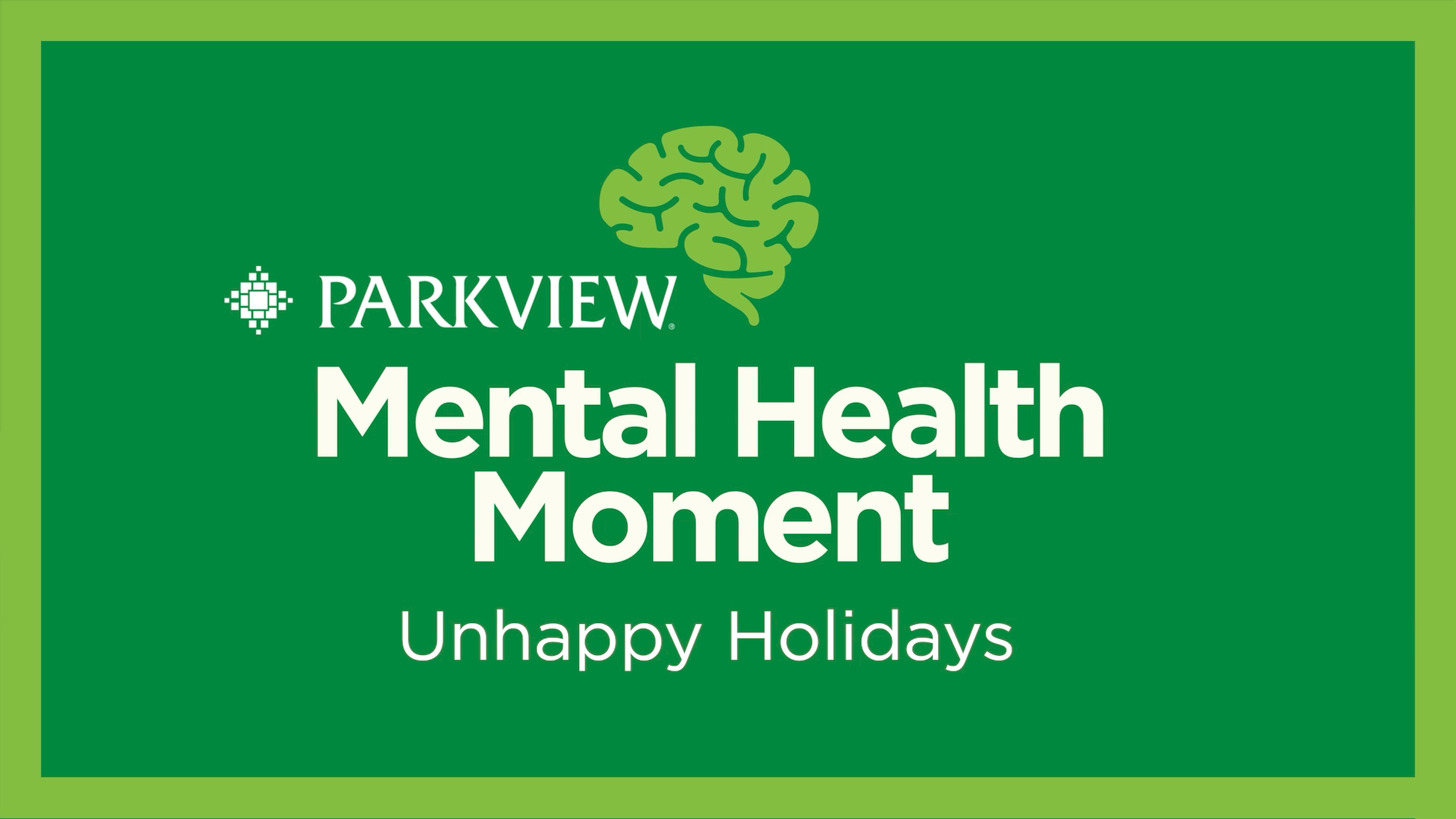
This post was written by Lauren Tait, Peak Performance coach, Parkview Sports Medicine.
On a list of potential blog topics, I came across “time under tension” as a proposed subject. As a Peak Performance coach, my first thought was, “This is not an article for me to write. This needs to be written by a strength and conditioning coach.” Then it occurred to me, there is such a thing as time under tension when it comes to building your mental muscle.
An amazing organ
Weighing about three pounds in the average adult, the brain is a complex organ that controls thought, memory, emotion, touch, motor skills, vision, breathing, temperature, hunger and every process that regulates our bodies.
Time under tension, translated
Even though the brain is not a muscle, if we think about training the organ as though it is, using the time under tension (TUT) methodology, you can increase your overall quality of life.
By definition, TUT refers to the total amount of time a muscle or muscle group is activated during a set. Increasing TUT can be a way to promote muscle growth. By training our bodies physically, we develop muscles that help us function better in our day-to-day lives and activities, including our chosen sport or hobbies, for example. We become stronger, leaner, have more energy and endurance, and are less prone to accidents and injury. The good news is you can enjoy similar benefits from developing your mental muscle in a TUT fashion.
Conditioning the mind
As a Parkview Sports Medicine certified professional Peak Performance coach, I always remind my athletes, coaches and teams alike that your mind (the way you think and the ideas you believe) can be transformed and trained like a muscle, similar to putting in reps in the weight room.
So how does this work? Well, our brains carry thoughts along neural pathways. These pathways are like ruts that have been created and reinforced over time. If you’ve shot a basketball the same way for years, you may notice that you can shoot 100 free throws on autopilot and leave the gym wondering where the time went. Similarly, when you repeat a certain thought pattern many times, that neural pathway is reinforced, and the thinking becomes automatic.
While a daily routine can be good, when it comes to our thought patterns, we need to be aware of what our routines are and what pathways we are inadvertently reinforcing.
As you train your mental muscle, you begin to possess awareness, mental strength, and agility to identify options and choose other routes. What would I like to happen here? Where would I like to go? Too often, we are acting, speaking and thinking automatically or unconsciously.
How to strengthen your mental muscle
Just as TUT provides our physical muscles with an increased ability to respond to specific physical tests in a better fashion, improving your mental muscle will help you in the same way.
Consider what happens if you find yourself in an argument with your teammate. She says something that is hurtful during a timeout. When you’re in reactionary mode, you will most likely fire back, leaving you both feeling out of control and strained in the middle of a game, none of which is ideal. When you improve your mental muscle, you will be able to better recognize that you have a choice when that first angry statement comes your way, giving you the ability to respond in the way you would like, in the moment, rather than having to reset or mend fences later.
So, how can you train this mental muscle? Below, I offer a handful of suggestions for strengthening your brain, but remember, every day is an opportunity to develop your mental muscle. Simple, short exercises performed consistently over time will help you build mental strength. And by implementing the TUT methodology, you will set yourself up for maximum success. Start small and simple. Once you have mastered that time domain, increase it!
Try something new – This sounds cliché, but the act of doing something new will open your brain up to create new neural pathways and will help you overcome fear and doubt simultaneously. This doesn’t have to be a new workout, and it doesn’t have to be hard—it can be something right above your level or just slightly outside of your comfort zone.
Practice turning anxiety into progress – This one will be uncomfortable at first! Our brain’s plasticity is what enables us to be resilient during challenging times, and it’s easier to take advantage of this when we remind ourselves that anxiety doesn’t always have to be bad. For example, being worried could make you procrastinate and get in your own way of accomplishing something worthwhile or it could help you focus in, finetune your plans, and become more realistic and goal oriented.
Get outside. Step into nature! – Science has shown again and again that spending time in nature has positive effects on our well-being. And even though it would be ideal, you don’t need to live next to a national forest to immerse yourself in nature. A nearby park or any quiet environment with greenery where there aren’t that many people around will work just fine. Place your focus on breathing and becoming aware of the sounds, smells and sights.
Create a gratitude list – Studies show that you can physically change your brain by making gratitude a habit. You can do this by intentionally identifying three things in your life you are grateful for each and every day. It could be as simple as feeling thankful for the clean water that comes out of your faucet or appreciating the cool breeze on a warm day.
Concentration grids – These simple but powerful tools can be used to help increase your ability to remain focused through distractions, improve attention spans, build capacity for self-regulation, and more. There are apps, websites and print options available with grids for all levels. A simple online search will help connect you to the right resource for you.
Carve out time to strengthen your mental muscle and watch the benefits unfold in all aspects of your life.



